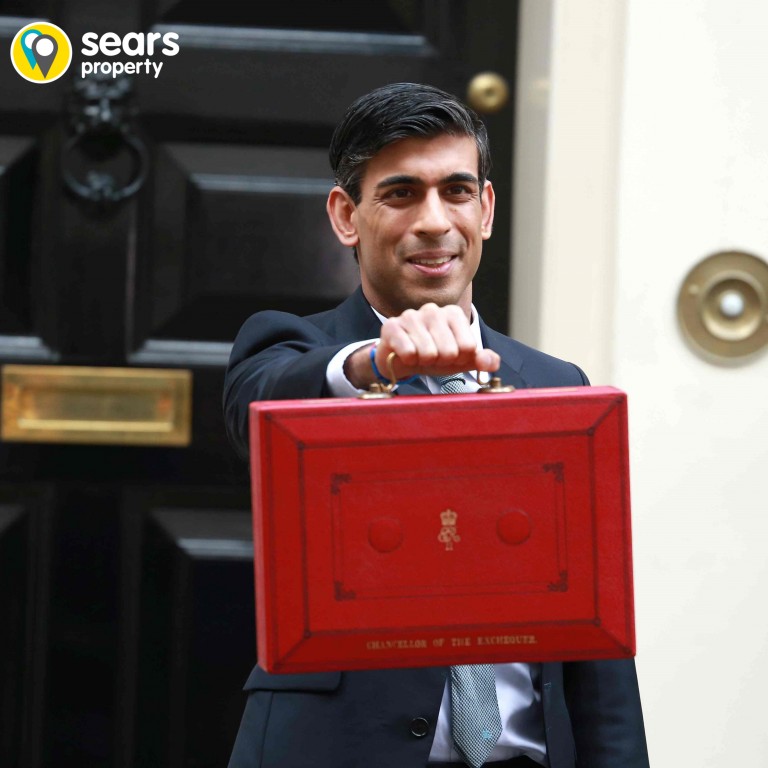Housing and the Autumn Budget










We thought, at Sears, it might be useful to give you a rundown of the latest budget and how it affects the housing industryandthe areas we cover - Wokingham, Binfield, Jennett’s Park, Warfield and Bracknell.
For once, it was a relatively low-key affair for housing. Too often, in recent years, the chancellor has used the opportunity to announce one tax rise after another for the sector. No doubt, to the relief of all our landlords and second-home owners, there were few mentions of stamp duty and capital gains tax.There were, though, some important issues hidden within the detail of Rishi Sunak’s speech. Here’s a summary of the key points:
New homes
The centrepiece of Sunak’s housing budget was a promise to invest nearly £24bn to help stimulate the building of new homes. Sunak claimed it was the “largest cash investment in a decade” into housebuilding which will “turn Generation Rent into Generation Buy”. The money will be divided up into a number of different initiatives, including:
1) £1.8bn to be spent on the development of 1,500 hectares of brownfield land - part of the government’s £10bn commitment to help facilitate the building of more than a million new homes.
2) A £11.5bn investment in the Affordable Homes Programme. This is a fund from which housing associations, developers and local authorities can borrow to build affordable homes. Unlike social housing, these can then be rented or sold but only at affordable prices. The fund is expected to deliver 180,000 new homes, two thirds of which will be outside London.
Cladding
The chancellor announced a £5bn fund for removing dangerous cladding from high rise blocks. The figure includes contributions from a new Property Developers’ Tax - a 4% tax which will be levied on developers’ profits over £25m. The fund is considered woefully insufficient by many experts and, controversially, is only available for buildings of over 18 metres. Those between 11m and 18m have, instead, been offered loans to pay for the work. Since the budget, new House Secretary Michael Gove has waded into the argument, putting on hold any plans to make leaseholders pay for making cladding safe and questioning why they should pay "at all".
Help to Buy coming to an end
It has not been a good budget for developers. On top of the new Property Developers’ Tax, Rishi Sunak also confirmed the Help to Buy scheme would come to an end in 18 months’ time. It is a significant blow to developers - in 2020-21 alone, 55,600 people used the scheme to get them onto the property ladder. In response, Bellway, one of the UK’s largest housebuilders, has said it will be scaling back some of their activity.
Green funding
With Cop26 in Glasgow, many were expecting some big announcements for green housing. In addition, many landlords were hoping for some financial help to get their properties up to an EPC ‘C’ rating, which will be a legal requirement in 2025. Rishi, sadly, disappointed them all, announcing a £3.9 billion fund for de-carbonising homes - an almost insignificant figure compared to the estimated £500bn it will cost to do so to the UK’s ageing housing stock.
Stamp Duty
There was some considerable pressure from within the housing sector to continue the stamp duty holiday, but with the government’s coffers emptied by the pandemic, the chancellor showed no signs of doing so, nor of reducing it in any way.
CGT
There were fears Rishi might increase Capital Gains Tax for second and BTL homes. Instead, he extended the grace period for paying any CGT on property sales from 30 to 60 days after the completion date.
Rates
In good news for our local high streets, shops will be given a 50% discount on their rates for 2022-23.
Council tax
The government claims council tax will need to rise by 3% to fund their pledges. Many independent commentators believe the figure will be closer to 6%.